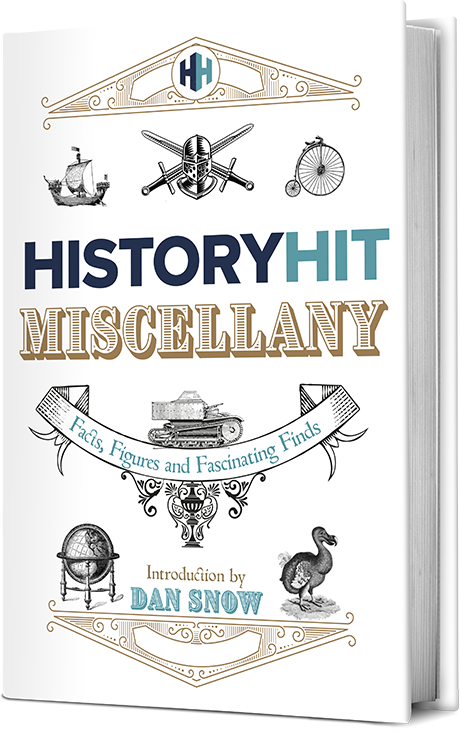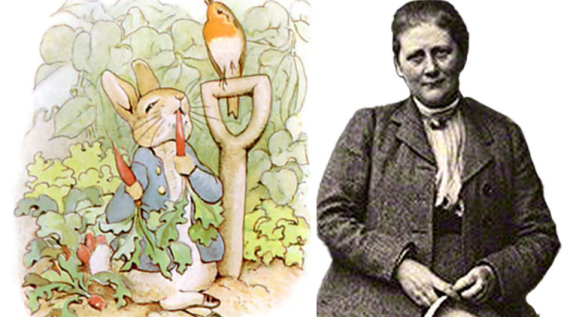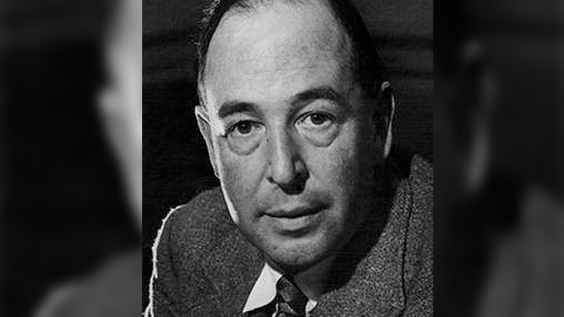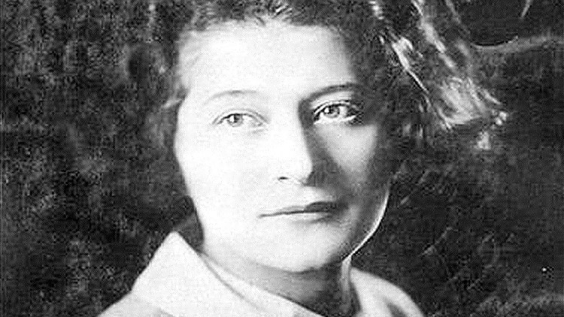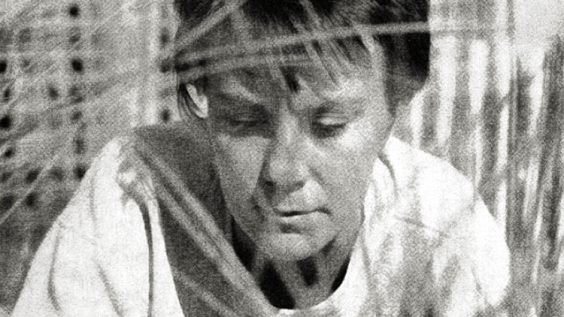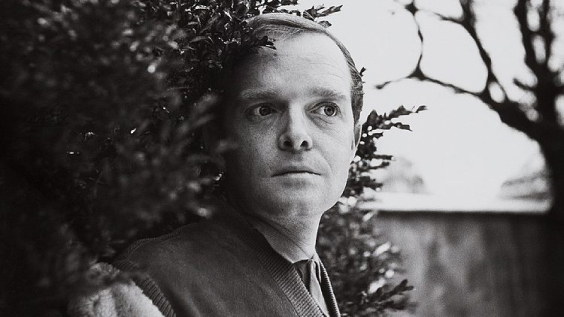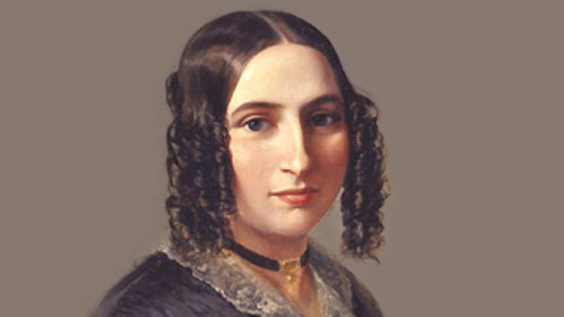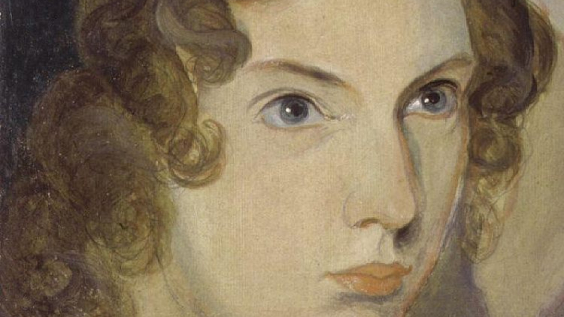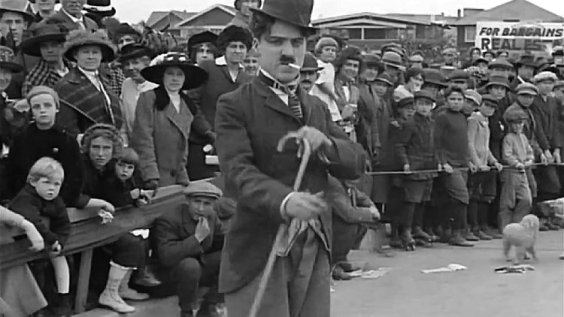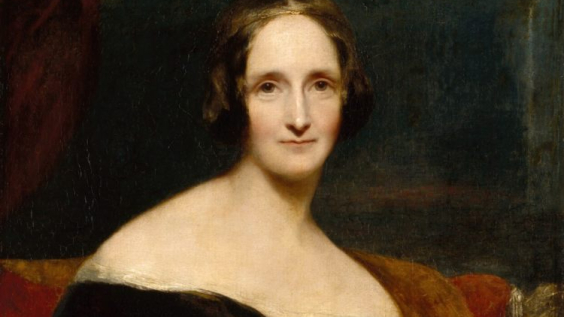
Gothic literature has its roots in the 18th century and is a genre characterised by dark, mysterious, supernatural elements, often set in eerie locations such as castles, mansions, and isolated landscapes.
One of the most prominent and influential figures in this genre is Edgar Allan Poe, whose works have left an indelible mark on gothic literature. The Raven, a poem first published by Poe in January 1845, quickly gained immense popularity due to its unique mood and tight rhyming pattern, making it highly imitated. The poem catapulted him to national fame with its melancholic portrayal of lost love and stands out as a masterpiece that has become emblematic of the genre.
The life of Poe
Poe’s own short, violent and unhappy life adds to the intrigue that surrounds him. After a youth dominated by rebelliousness, poverty and alcoholism, he married his 13 year old cousin Virginia Clemm in 1836, and died 13 years later at the age of 40.
Despite the lasting and immediate fame that The Raven brought him, he was one of the first western writers to try and make a living out of their literary works alone, and lived a life of destitution for the most part as a result.

Potrait of Edgar Allan Poe (1849). Image credit: Public Domain, via Wikimedia Commons
During the last 4 years of his life however, he was a celebrity in the United States and beyond, and was known by many as “the Raven” in honour of the poem. His own sepulchral pale and dark-haired appearance only added to the air of the gothic around him in an age where photographs were starting to become popular.
Today, he’s heralded as the inventor of detective fiction and one of the precursors to science fiction writing.
Poe’s Raven
In the century and a half since its publication, The Raven has been analysed heavily, and an almost limitless number of interpretations and meanings have been found in Poe’s words. What is certain are the themes of loss, creeping madness and the terrible human desire to both forget and remember what we have lost at the same time have captured audiences for well over 150 years.
The protagonist, an unnamed scholar, is driven to despair by a black raven which perches upon a classical bust in his room and answers his hopeless questions about whether he will see a deceased lover again with the single and terrible word “nevermore.”
The poem’s sonorous and inexorable metre is one of the main reasons for its fame, as it gives it the feel of a pagan chant, whilst the internal rhyme and alliteration help make it more memorable and drive the story forward.
Influence
The Raven also marked a shift from the era of neo-classicism to that of the Gothic, with its focus on older and barbaric rituals, superstitions and evil spirits.
Europe, and by extension the US, was a place obsessed with the orderly, rationalistic legacy of Greece and Rome in the 18th and early 19th centuries, and as a result philosophy and popular thought were dominated by science and logic.
 Listen Now
Listen NowIt is no coincidence, therefore, that in the poem The Raven, a timeless symbol of Paganism and superstition rests upon a bust of Pallas, an ancient Greek purveyor of wisdom. For this and many other reasons, The Raven fully deserves its place in the Western literary canon.
Legacy
The Raven transformed Poe’s career overnight: whilst it did not bring him massive financial gain, he became something of a sensation and his work became much more popular.
Poe’s life was plagued by tragedy, and his death at the age of 40 remains a mystery to this day. He was found unconscious on the streets of Baltimore in October 1849 and died shortly afterward. The circumstances surrounding his death, including conflicting accounts and speculation, have contributed to the enduring mystique of the writer. Despite his untimely demise, Poe’s literary impact on American literature remains profound.

